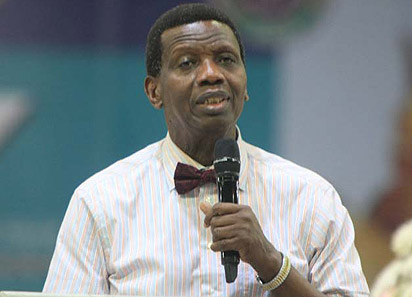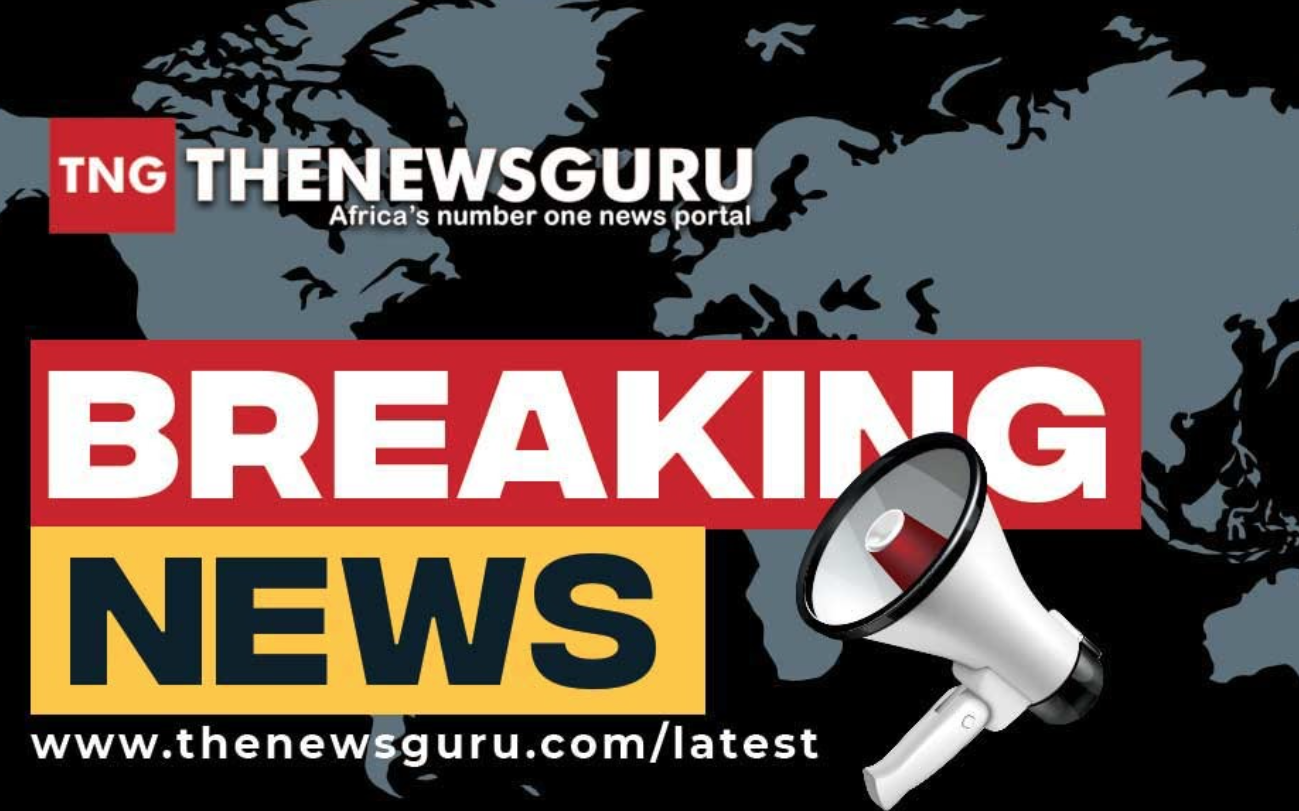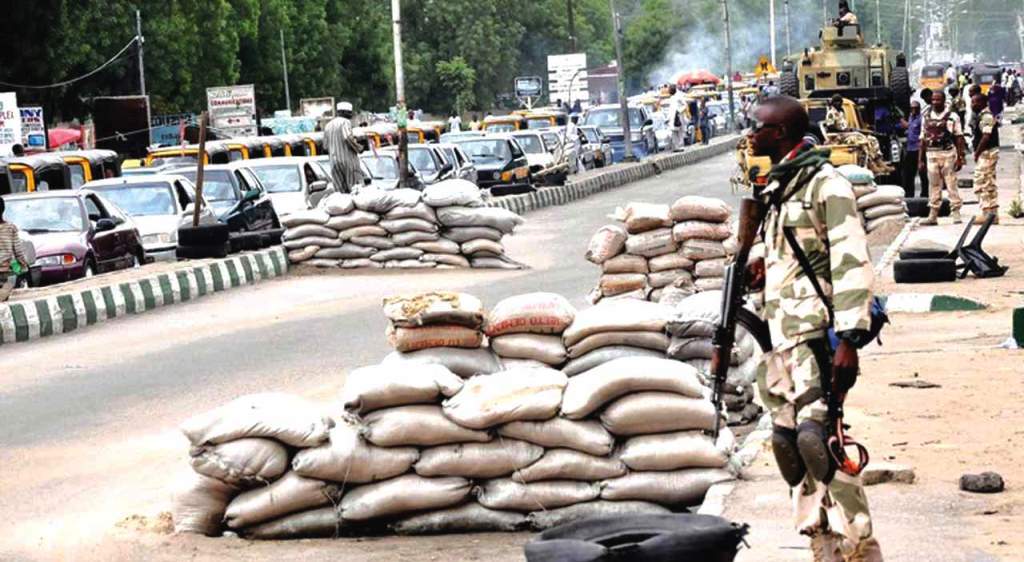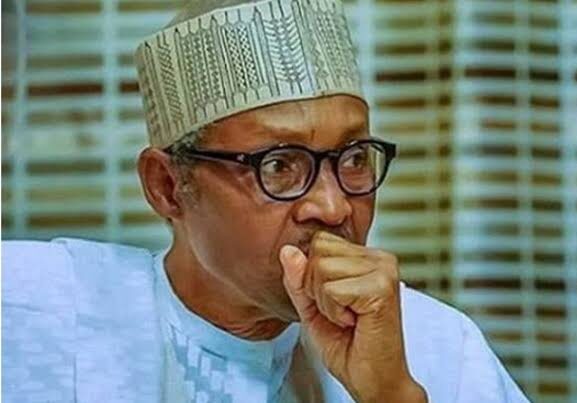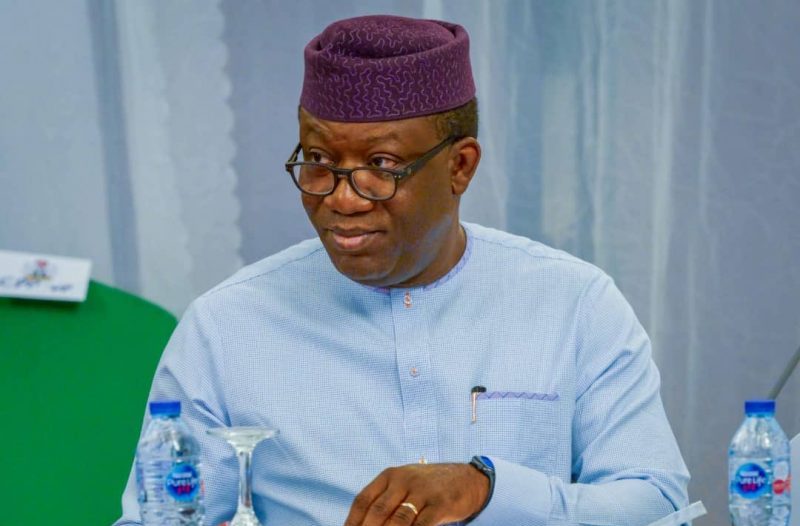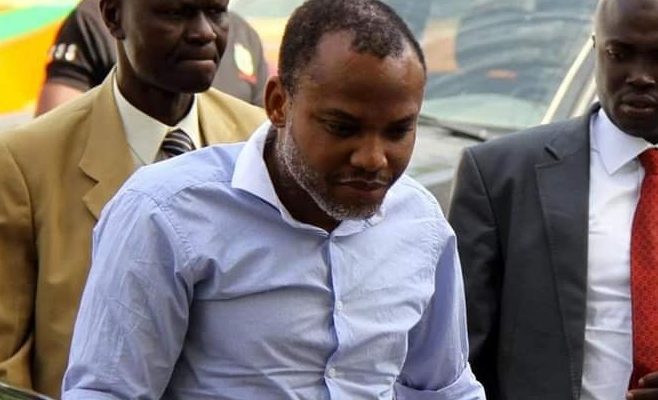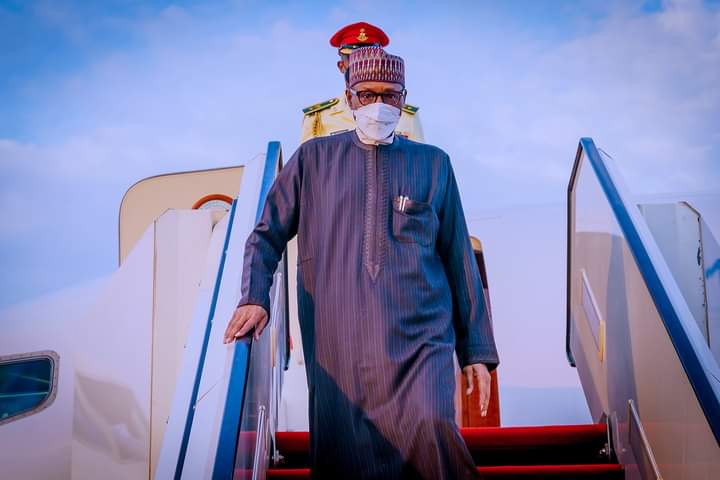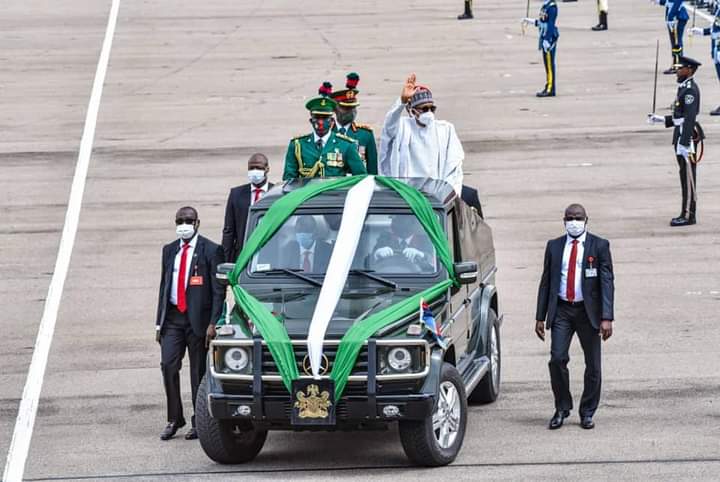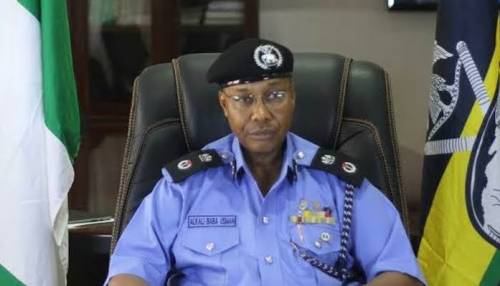For the first time probably since the Cold War, millions of people across the world are not just uncertain about their future or concerned about their children’s future, they are deeply worried about their safety and the safety of their property. If anything, the ongoing Russia-Ukraine war has heightened this anxiety. What President Putin of Russia had on 24th February 2022 dubbed a simple “military operation” which in his view, would last for only three or four days, has continued to drag on and runs the risk of snowballing into a Third World War. One of the tragic consequences of a civilization geared for war, banditry, terrorism and so forth; a civilization failing to work to create a climate of peace; a civilization squandering its treasure on the worthless dross of gun-running and bloodletting rather than building a climate of peace is the rapid increase in insecurity of lives and property.
Most African countries, unfortunately, are at the crossroads at the moment. Instead of peace, what we find in many African countries today is a caricature of peace or a complete turmoil. Most countries on the continent are either engulfed in one war or one terrorism or conflict or armed struggle or another. To be sure, the struggle to create a climate of peace on the African continent is crucial to the future of Africa and by extension to the global human society and its people and governments. Pursuant to a Report on the economic costs of violent extremism in Africa organized by the United Nations Development Programme (UNDP) and the Institute for Economics and Peace (IEP) in 2020 in Addis Ababa, a causality exists between the violence in the various theatres of conflict in Africa and its effect on the peoples of the continent. In their Report titled “Measuring the Economic Impact of Violent Extremism Leading to Terrorism in Africa”, the UNDP and IEOP estimate that 16 of the 18 African countries – Congo Democratic Republic, Uganda, Chad, Niger, Nigeria, Tanzania, Central African Republic, Niger, Uganda, Kenya, Ethiopia, Senegal, Mali, Burkina Faso, Chad, Cameroon, Tunisia, Morocco, Mauritania and Libya – had lost an average $97 billion per year in informal economic activity since 2007. This is just informal economic activities alone and suggests other losses within the formal sector that are equally staggering.
In Nigeria alone, a damning UNDP Report says that over 350,000 people have been killed directly and indirectly in the North East of Nigeria alone in the last 12 years. About 70% of the victims are women and children. At the moment, virtually all parts of Nigeria are either under the siege or in danger of being under of siege of terrorists’ bombings and massacres. For example, on June 5 2022 the Islamic State in West Africa Province (ISWAP), a splinter of Boko Haram, launched a premeditated terrorist attack on St. Francis Xavier Catholic Church in Owo local government area, Ondo State, Nigeria, leaving in its wake the death of about 50 worshippers and many injured worshippers. The problem is that in most cases, the responses of African governments to the aforesaid calamities and tragedies have been simply nonchalant or sometimes have been tepid as political considerations and intrigues are allowed to trump security initiatives. And sometimes, these responses have ended up aggravating the insecurity as gross violations of human rights by state actions indirectly help in providing violent non-state actors with new recruits.
Peeved by the foregoing, the African Bar Association (AFBA) in collaboration with the Defence Headquarters, Federal Republic of Nigeria, organized a 3-day Conference last week at the Nigerian Air-Force Conference Centre, Kado, Abuja. Let me quickly say that the AFBA has been responsible for an enormous amount of social change in Africa, because being a lawyer is not just a way of basking in the euphoria of self-contentment or self-aggrandizement: being a lawyer is a calling to nip tyranny in its bud through the instrumentality of the law. Being a lawyer is a vocation to restore the rule of law to its enviable Olympian height. Any society bereft of the rule of law is heading for anarchy if not extinction. Why? Because recourse to the rule of law is the bedrock upon which the society lays its claim to civilization. Therefore African lawyers shall negotiate for freedom and justice, sacrifice for freedom and justice; they shall not surrender for freedom; they shall not surrender for justice-now or ever. Why? Because justice is the ultimate safeguard of civilized conduct. Fiat justicia ruat coelum (Let justice be done though the heaven may fall). Ancient philosopher Aristotle so praises justice that he says, “Neither the morning star nor the evening star are as glorious as justice”. To Cicero, “the brightness of virtues shines above all in justice”. In the immortal words of Hon. Justice Chukwudifu Oputa (of the blessed memory), “Injustice breeds intolerance, violence and social disorder in the same way justice brings along with it the blessings of peace and mutual understanding. There will be no peace in a society where justice is denied or defeated. Where there is wrong it is only natural that justice is evoked to remedy the wrong and thus restore the necessary balance”.
Anyway, the theme of the 3-day AFBA Conference was: “Enhancing the operational capacities of African Armed Forces and Security Agencies: Law as a vital instrument”. It is important to state that the Conference was the first of its kind in Africa. The Conference was actually a training workshop that essentially focused on building operational capacities for both military and civilian lawyers, senior military officers holding command and administrative positions. military officers and personnel in charge of human rights and humanitarian issues, officers involved in military-civilian Affairs, officers involved in Military Justice System and their counterparts in the Security Agencies such as the Police, the Immigration Service, Customs Service, Drug Law Enforcement Agencies. The Conference was also organized for practicing lawyers, academics, human rights organizations, anti-corruption agencies, Judges, Magistrates and Judicial Staff and the public. The Conference speakers, resource persons and participants came from 22 countries including the United States of America, France, Bolivia, Nigeria, Brazil, Guinea-Bissau, Ghana, Burundi, Liberia, Zambia, Mozambique, Cape Verde Burkina Faso. The Chief of Defence Staff, Defence Headquarters, Federal Republic of Nigeria, General Leo Irabor, was the Conference’s Special Guest of Honour. The Chief of Naval Staff, Chief of Air Staff, Chief of Army Staff attended the Conference. The Director of Army Legal Services and chairman, Armed Forces and other Security Agencies Committee, African Bar Association, Major-General Yusuf Shalangwa played a pivotal role in ensuring that the Conference was successful. Of course, the President of the AFBA Hannibal Uwaifo Esquire and Conference Administrator Professor Edoba Bright Omoregie, SAN distinguished themselves in clearly setting out and directing the course of the Conference. Because there were many French-speaking participants at the Conference, Lt. Col Desire Hakorimana, General-Military Prosecutor, Burundi Defence Force and Vice-President and Advisor Council of African Military Law Forum did a masterful and excellent simultaneous translation from English to French throughout the duration of the Conference.
Conference Key-Note Speaker Dr. Miguel A. Moreno SAN Juan, Defence and Security Consultant U.S.A and the General Secretary Euro-America Corporation of Security (CEAS) stressed, inter alia, that it is legitimate for military officers to refuse to obey hierarchical commands or orders issued to them in the course of their duties if such commands and orders are at variance with the rule of law. All the Conference Speakers, discussants and commentators unanimously regretted that Africa at the moment is buffeted from head to toe by terrorism, banditry, social unrest, civil conflicts and corruption. They also unanimously agreed that counter-terrorism operations must be governed by the rule of law; that amid the increasing insecurity across Africa there should be synergy between the military and civil society in order to share information and successfully respond to terrorism. There is an urgent need to build the capacity of the security agencies involved in combatting terrorism, banditry, kidnapping and so forth so as to help them to perform their duties diligently.
We are tired of hearing about the lapses and inefficiency of the Police. Therefore the Police in Africa should be re-invented so that it can perform its duty diligently. There should be compulsory regular training and continuing education for the military, Police, lawyers and officers involved in prosecution of cases, crime detection, intelligence gathering and so forth to guard against incompetence, laziness and ignorance. Combatting terrorism, banditry etc. is not only the work of the security agencies but the collaborative efforts of both the security agencies and the civilian populace. It is the primary duty of Police, not the military, to routinely maintain peace and order in society. Policing is the job of the Police, not the military. The military only plays a complementary role in peacekeeping in society. In his presentation, Professor Omoregie SAN stated that section 217(2)(c)(d) of the 1999 Nigerian Constitution has in no unmistakable terms spelt out the circumstances and conditions under which the military can be invited to intervene in quell terrorism or combat banditry. There are: (i) for the defence of Nigeria from external aggression. (ii) for the maintenance of the territorial integrity and securing the borders of Nigeria from violation on land, sea and air, (iii) for suppressing insurrection and acting in aid of civil authorities to restore order when called upon to do so by the President; subject to such conditions as may be prescribed by an Act of the National Assembly. In other words, while the President of Nigeria can freely deploy our military to defend our country against aggression and to maintain our territorial integrity, he cannot freely do so against insurrection and other internal armed conflicts without “such conditions as may be prescribed by an Act of National Assembly.
On his part, the President of the AFBA Hannibal Uwaifo Esquire regretted that the complex nature of conflicts aggravated by bad governance and religious extremism, sabotage from within, inadequate intelligence gathering, lack of synergy among securities agencies are the key factors for the security lapses in many African countries. Professor Steven Haines, Professor of Public International Law, University of Greenwich, stated that war and civil conflicts have a devastating effect on a nation, and, therefore it is very important to protect schools during terrorist activities and civil conflicts because schools are the key infrastructures in nation building. To Professor Ernest Kofi Abotsi who is a Professor of law as well as the Dean, UPSA Law School, Ghana, there should be no compromise in fighting insecurity in Africa. In his paper, Professor Agbo J Madaki regretted, inter alia, that lack or paucity of evidence oftentimes aborts the prosecution of suspected terrorists.
The Conference ended on a good note as Ghana willingly accepted to host the Conference in 2023.
